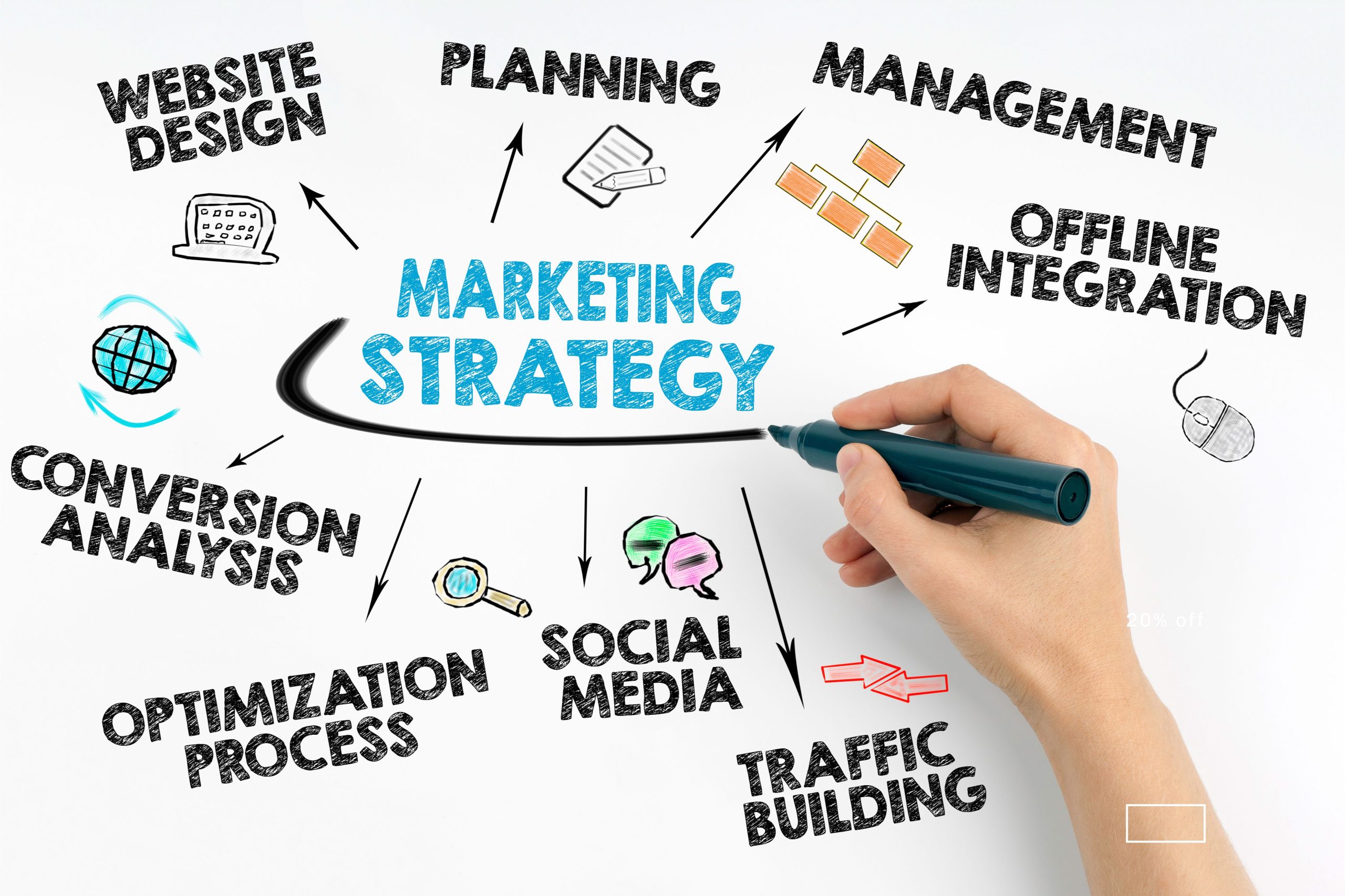
Effective Sales Strategies for Small Businesses
- 0
In today's competitive market, small businesses must be strategic and creative in their sales approach to stand out from larger competitors. With limited resources and budget, it can be challenging for small businesses to drive sales and generate revenue. However, with the right strategies in place, small businesses can increase their sales and grow their customer base. In this article, we will discuss some effective sales strategies that small businesses can implement to drive success.
1. Understand Your Target Audience
One of the most important aspects of sales is understanding your target audience. Small businesses should take the time to research and analyze their target market to identify their needs, preferences, and pain points. By understanding your audience, you can tailor your sales pitch and messaging to better resonate with potential customers.
2. Utilize Digital Marketing
In today's digital age, small businesses can leverage digital marketing channels to reach a wider audience and drive sales. Social media, email marketing, and search engine optimization (SEO) are effective tools that small businesses can use to engage with customers and drive sales. By creating relevant and engaging content, small businesses can attract and convert leads into customers.
3. Build Relationships with Customers
Building strong relationships with customers is key to driving sales and fostering loyalty. Small businesses should focus on delivering exceptional customer service and personalized experiences to build trust and credibility with customers. By understanding their needs and preferences, businesses can tailor their products and services to better meet customer expectations.
4. Offer Value-Based Pricing
Value-based pricing is a sales strategy that focuses on the value that a product or service provides to customers, rather than the cost of production. Small businesses should emphasize the benefits and value that their products or services offer to customers, rather than competing solely on price. By highlighting the unique selling points of their offerings, small businesses can justify higher prices and drive sales.
5. Leverage Referral Programs
Referral programs are an effective way for small businesses to generate leads and drive sales. By incentivizing existing customers to refer new customers, businesses can expand their customer base and increase sales. Referral programs can be a cost-effective way for small businesses to acquire new customers and build brand awareness.
6. Provide Exceptional Customer Service
Exceptional customer service is key to retaining customers and driving repeat sales. Small businesses should prioritize delivering a positive and memorable customer experience to build loyalty and foster long-term relationships. By going above and beyond to exceed customer expectations, businesses can differentiate themselves from competitors and drive sales through word-of-mouth referrals.
7. Track and Analyze Sales Performance
Small businesses should track and analyze their sales performance to identify areas for improvement and optimize their sales strategy. By monitoring key performance indicators (KPIs) such as conversion rates, customer acquisition costs, and revenue growth, businesses can make data-driven decisions to drive sales and increase profitability. By continuously evaluating and adjusting their sales strategy, small businesses can stay competitive and drive success.
Implementing these effective sales strategies can help small businesses drive sales, increase revenue, and grow their customer base. By understanding their target audience, leveraging digital marketing channels, building relationships with customers, and providing exceptional customer service, small businesses can differentiate themselves from competitors and drive success in the market.

